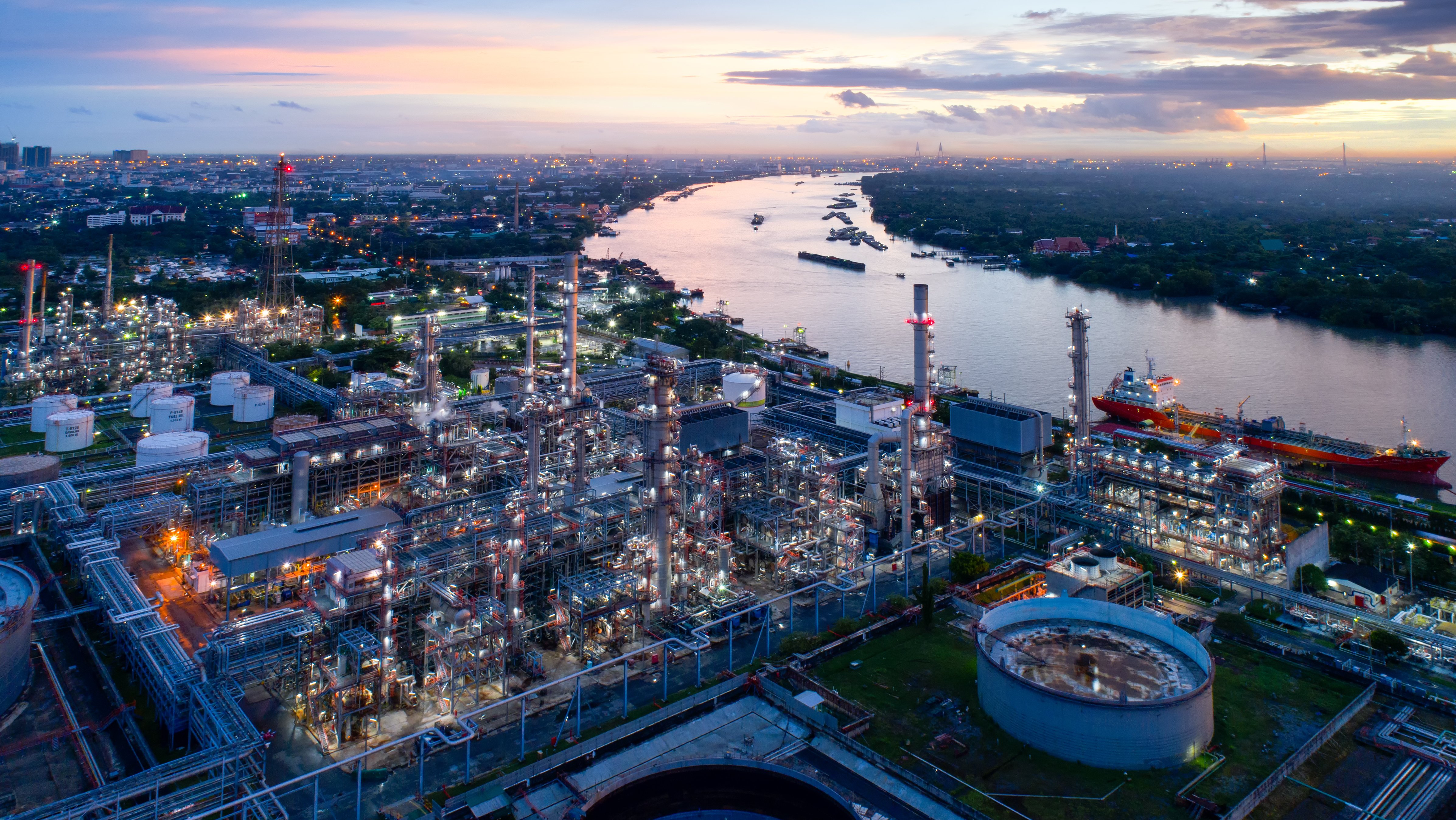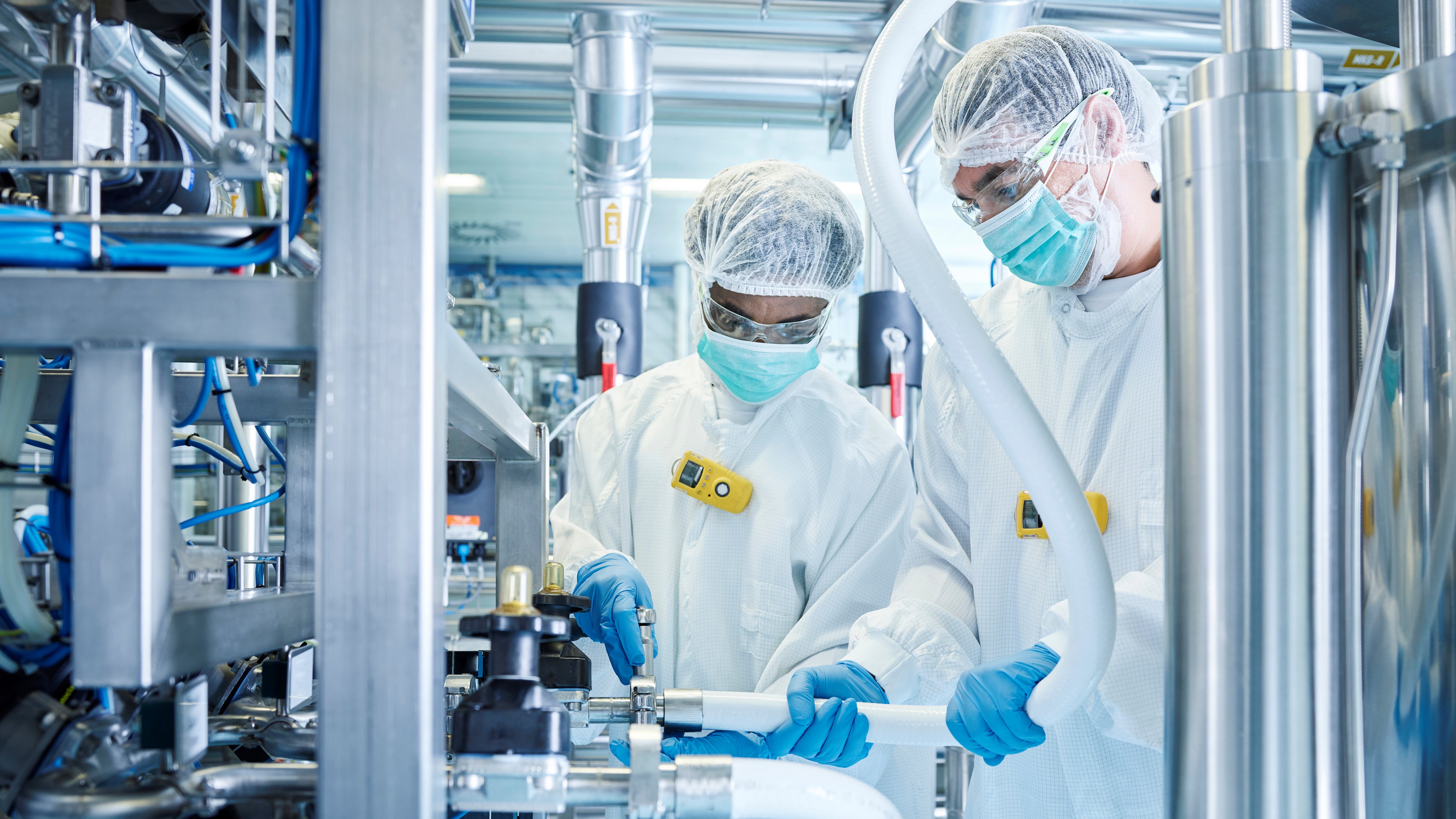The customer’s specific needs for the software included controlling the gas phase composition in the reactor and managing and controlling instantaneous reactor product quality and transitions between grades. FactoryTalk Analytics PavilionX creates online predictive models that augment hardware instruments and laboratory analyses to provide real-time estimates of process and product conditions. These virtual instruments provide the feedback and predictive process information needed to keep production on track and help prevent process upsets, identifying problems and providing answers quickly—without the time and expense of additional lab analyses. The customer's specific requirements were to monitor main quality variables such as Melt Flow Index (MFI) and density from actual reactor data.
Results: Real Benefits, Real Savings—within Months
The first Rockwell Automation Solution was installed, implemented, tested, and commissioned at the customer site within 8 months. Rockwell Automation provided most of the engineering expertise with the support of customer personnel, who were trained during project execution.
The benefits of FactoryTalk Analytics PavilionX – including significant improvements in production levels, reduced disturbances, reduced reactor variance, and transition time savings—were quickly apparent to the customer. The customer also reduced the variability of product properties by 50 percent because of implementing Rockwell Automation software. “From this we could operate closer to our hardware constraints, resulting in higher throughput,” said a customer representative. The software also decreased transition times by up to 50 percent (depending on the LLDPE grade produced), increased production by seven percent, and increased efficiencies in monomer and catalyst use.


